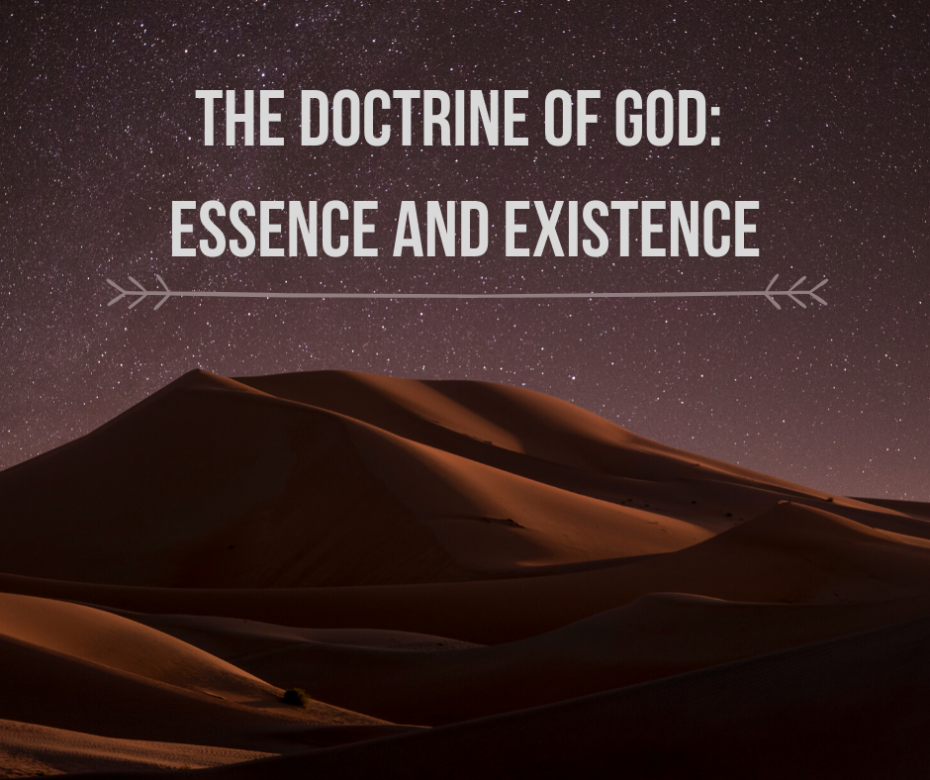Are you ready to learn a basic theological distinction?
What is the difference between Jesus, the Easter Bunny, and a square circle?
One way to think of the difference is between what older theologians called essence and existence.
- Essence is what something is. What is its nature? What do we know about it? If you were going to write a dictionary definition of that thing, what would you say about it? How would you describe it, define it, or understand it? That’s the essence of a thing.
- Existence is whether something is. Does it exist or not?
In sum, what something is differs from the fact that it is.
Now, armed with those distinctions, try to answer my question: what is the difference between Jesus, the Easter Bunny, and a square circle?
Here’s an answer: Jesus has both essence and existence. The Easter Bunny has an essence—that is, you can define who the Easter Bunny is—but it has no existence. And lastly, a square circle has neither essence nor existence, because the very concept of a square circle is unintelligible, and such a thing does not exist.
Helpful, right?
Now, why was that distinction so crucial to earlier theologians? How does it apply to our understanding of the doctrine of God?
In short, it helps you understand why God is God.
Traditionally, Christian theologians have said that, unlike you and me, God’s essence is identical to His existence. That makes Him utterly different from everything and everyone else in the universe. All creatures are dependent for our existence on something else. But not God. As Peter Kreeft explains:
Everything in the universe, everything except God, exists because it is caused, brought into existence by something else. Parents cause children, factories cause cars, the sun causes light, tectonic plate movements cause earthquakes. God also has no cause, needs no cause; God alone exists from within rather than from without, by His essence rather than from a cause. Thus only God is necessary; everything else is a contingent might-not-have-been. And only God is eternal; everything else has a beginning” (Kreeft, Practical Theology, p. 7).
Creatures have their existence from God. God has His existence from Himself—He exists “from within rather than from without.”
That’s an interesting philosophical distinction, but it should be evaluated on the basis of Scripture. Is there Biblical evidence for it? In this case, I think there is.
While we have life from the Father (i.e., our existence comes from outside of us), “the Father has life in Himself” (John 5:26).


